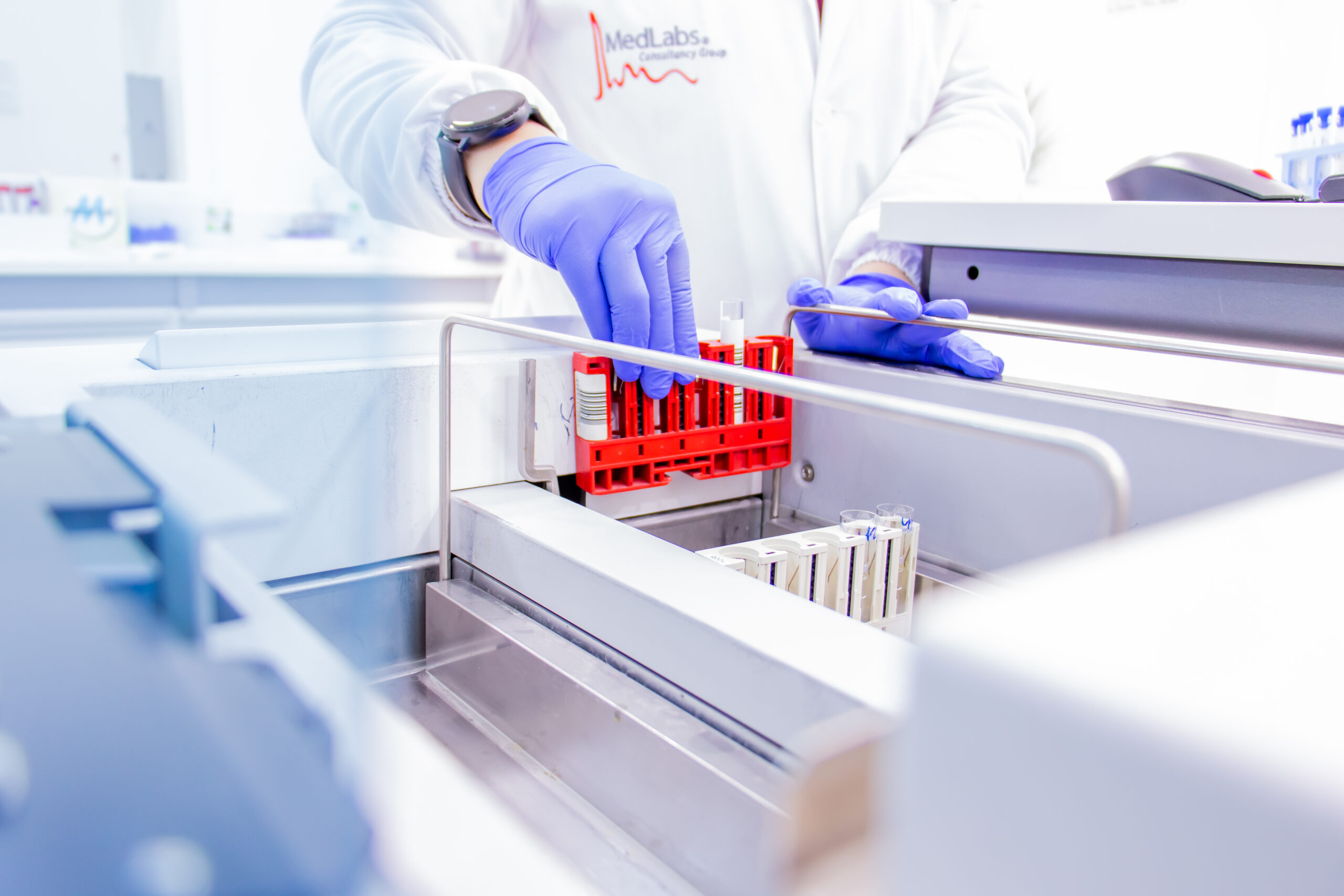
Understanding the Benefits of Vitamin K2
Vitamin K, or (Koagulationsvitamin), has two main forms: Vitamin K1 (phylloquinone) and Vitamin K2 (menaquinone). It was first discovered in Germany and named for the coagulation function for which it was discovered.
Lately, Vitamin K2 has been gaining increasing recognition due to its numerous benefits and key roles in maintaining a healthy body. In this article, we will shed light on these benefits, the symptoms of its deficiency, and where Vitamin K2 is found in food.
What is Vitamin K2?
Vitamin K2 (menaquinone) is one of the two primary forms of Vitamin K (Koagulationsvitamin). It is a fat-soluble molecule with 10 subtypes, MK-4 to MK-13 (MK-4 is the most commonly known form, and MK-7 is the most studied in clinical contexts), and significant roles in Calcium regulation, blood clotting, cardiovascular health, and more. Vitamin K2 has a longer half-life than vitamin K1, and it contributes wildly to your health, with some of its functions that are still being discovered and assessed.
Vitamin K2 and Heart Health
K2 has many key functions that regulate our overall health; one of which is its indirect involvement in the cardiovascular system. A group of 2019 studies has concluded that an increased intake of either vitamin K1 or K2 was linked to a moderately reduced risk of coronary heart disease. This is believed to be due to the preventative role of Vit-K in Calcium deposition in blood, which therefore lowers the risk of arterial calcification. This offers a new possibility to include K2 vitamin in the form of MK-7 subtype as a way to fight off cardiovascular diseases, especially in older patients.
Vitamin K2 and Blood Clotting
Another one of Vit-K functions, and one that was early understood and discovered, is aiding in the blood clotting mechanism. In fact, as we mentioned earlier, the K refers to the German word Koagulationsvitamin, which translates to coagulation vitamin, because it facilitates the process and activates major proteins needed for the coagulation cascade; therefore, patients with a deficiency often report signs of bleeding and bruising.
Vitamin K2 and Bone Health
Since its role in calcium metabolism, K2 vitamin is strongly correlated with stronger, healthier bones. By activating the calcium-binding actions of some proteins, the vitamin helps in depositing Calcium in bones and teeth, which maintains their density.
Due to this feature, some studies suggest a synergistic effect of vitamin K combined with vitamin D. Scientists believe that Vitamin D promotes the production of vitamin K-dependent proteins, which require vitamin K for carboxylation in order to function properly, which means that taking both supplements is more beneficial than taking either one alone.
Vitamin K2 and Brain Health
In addition to all the above, some recent studies suggest the involvement of Vitamin K2 in the form of MK-4 in brain cell survival, chemotaxis, mitogenesis, cell growth, myelination, and synthesis of sphingolipids, an important class of lipids present in high concentrations in brain cell membranes. These sphingolipids are now known to participate in critical cellular events such as signaling, proliferation, differentiation, senescence, transformation, and survival of brain cells.
This means that low Vitamin K2 intake could be potentially linked with diseases like Parkinson’s disease, Alzheimer’s Disease (AD), and other forms of dementia, Multiple sclerosis (MS), and Peripheral neuropathy (PN), but further studies are needed to confirm this outcome.
Symptoms of Vitamin K2 Deficiency
A deficiency in this vitamin could have devastating symptoms due to its importance and wide functions, and this may include:
- Increased Risk of Bone Fractures
- Osteoporosis
- Arterial Calcification
- Bruising and Bleeding
- Dental Problems
- Weakness or Fatigue
- Poor Wound Healing
Food Sources of Vitamin K2
Vitamin K2 is primarily found in animal-based foods and fermented foods. Here are some of the best food sources of Vitamin K2:
-
- Natto (fermented soybeans): The richest source.
- Fermented Dairy Products: Mainly in Cheese (especially hard cheeses like Gouda, Edam, and Brie), Yogurt (fermented), and Kefir, which is a fermented dairy product that contains substantial amounts of Vitamin K2, particularly if they are made from raw or unprocessed milk.
- Egg Yolks
- Liver and Organ Meats
FAQ
Should vitamin K2 be taken with vitamin D3?
Yes, it is recommended to take vitamin K2 with vitamin D3. Vitamin D3 helps enhance calcium absorption in the intestines, while vitamin K2 helps direct the calcium to the bones and prevents its deposition in soft tissues and arteries. Together, they work synergistically to support bone and cardiovascular health.
What is the recommended daily dose of vitamin K2?
The recommended daily dose of vitamin K2 varies based on age and health conditions. Typically, the suggested daily intake ranges from 45 to 120 micrograms for adults. However, it’s best to consult a healthcare provider to determine the appropriate dose based on individual needs.
What is the difference between vitamin K1 and K2?
Vitamin K1, or phylloquinone, is primarily found in green leafy vegetables like spinach and kale and plays a key role in blood clotting.
Vitamin K2, or menaquinone, is found in fermented foods like cheese and meat and is crucial for bone health and cardiovascular support by regulating calcium absorption and distribution in the body.
Can we help you?







